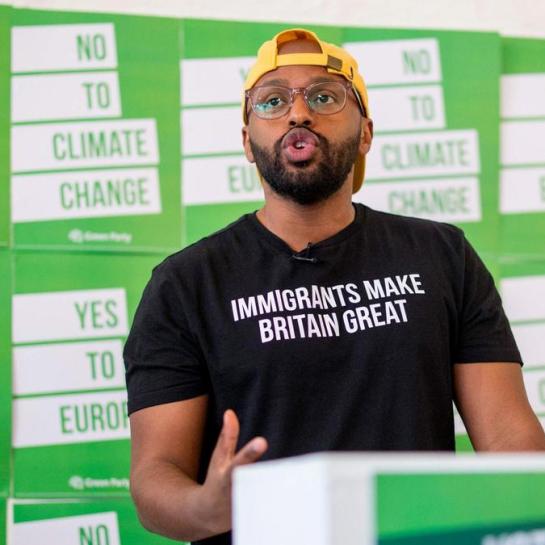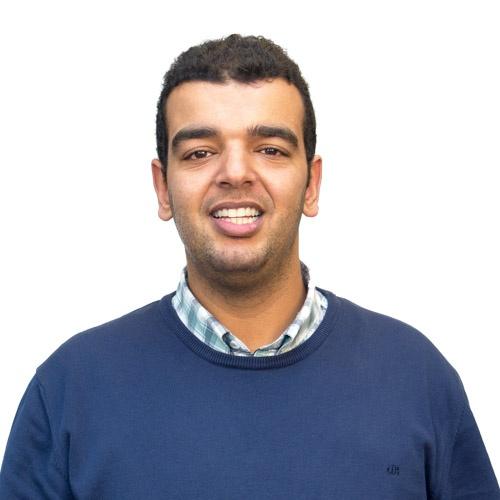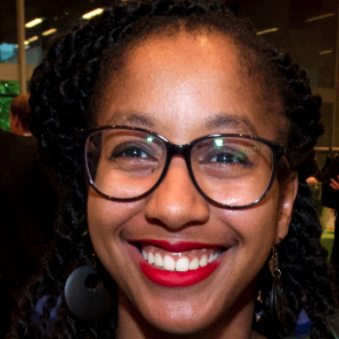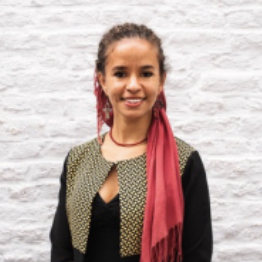During the last decade, local governments in Europe have increasingly set up anti-discrimination, anti-racism or even decolonization policies. This happened particularly so in the wake of the Black Lives Matter Movement (BLM) in 2020, which created a pressure for change. At the same time, the increased success of far-right parties and discourses also created an atmosphere wherein there is a backlash against anti-racist civil society organizations, as experienced through threats and the loss of support for anti-racist organisations and policies in several countries. How do cities navigate between these two opposite pressures for change? What can cities do to foster racial justice? Can they replace or complement European and national anti-racism policies? How can they develop a long-term action plan and what should be in such a plan? How can they develop and evaluate policies with racialized citizens and anti-racist organizations at the table? Have their policies made an impact? And how to prevent a backlash and lack of implementation? These are all questions that we will tackle during this event! If you want to learn about building an anti-racist city, and how our speakers try to do so in various places in Europe, join us on Thursday 27 April (7 pm).
This panel debate is co-organized by BIRMM, CEDEM (University Liège), CESSMIR (Ghent University), The Network on Migration and Global Mobility (University Antwerp), Levl and IMISCOE in the framework of the PhD school.

About the speakers

Magid Magid is a Somali-British race and climate justice activist and author who came to the UK as a refugee aged five. He is the Founder & Director of Union of Justice, a European, independent, people of colour led organisation dedicated to racial justice and climate justice. He was a member of the European Parliament representing Yorkshire & the Humber, Mayor of his beloved city (Sheffield) and he was also an elected councillor representing his community. Magid was also named one of TIME’s 100 rising stars shaping the future of the world.

Yassin El Attar is a policy advisor on anti-racism and diversity at the city of Leuven (BE). T ogether with many colleagues, he works to build a Leuven Without Racism. Originally, he is from the West Flemish city of Kortrijk, where he is still active as a board member of the local mosque. The difficult contexts in which mosques are forced to work, often in a climate of rampant Islamophobia, are all too familiar to him. He studied political science and earned a master's degree in international politics with a focus on geopolitics.

Joandi Hartendorp is a policy advisor in the city of Amsterdam and a PhD candidate at the University of Humanistic Studies (Utrecht, NL). She is the main advisor to the alderwoman on the Dutch colonial and slavery past at the city of Amsterdam. This year, she is in charge of organising the municipality’s response to Amsterdam’s 150/160-year anniversary of slavery abolition. She also coordinates the city’s policy for slavery reparations. Her PhD focuses on representation of sensitive histories in education, with a specific focus on Dutch slavery and the history of the Holocaust.

Kathleen Van Den Daele is the director of Levl, the network organisation of ethnic minorities in Flanders (BE) tackling racism and discrimination She started working as a community worker and always dreamt about the potential to empower. She is experienced in participatory processes (public / citizen / political) and deeply motivated to foster social change.

